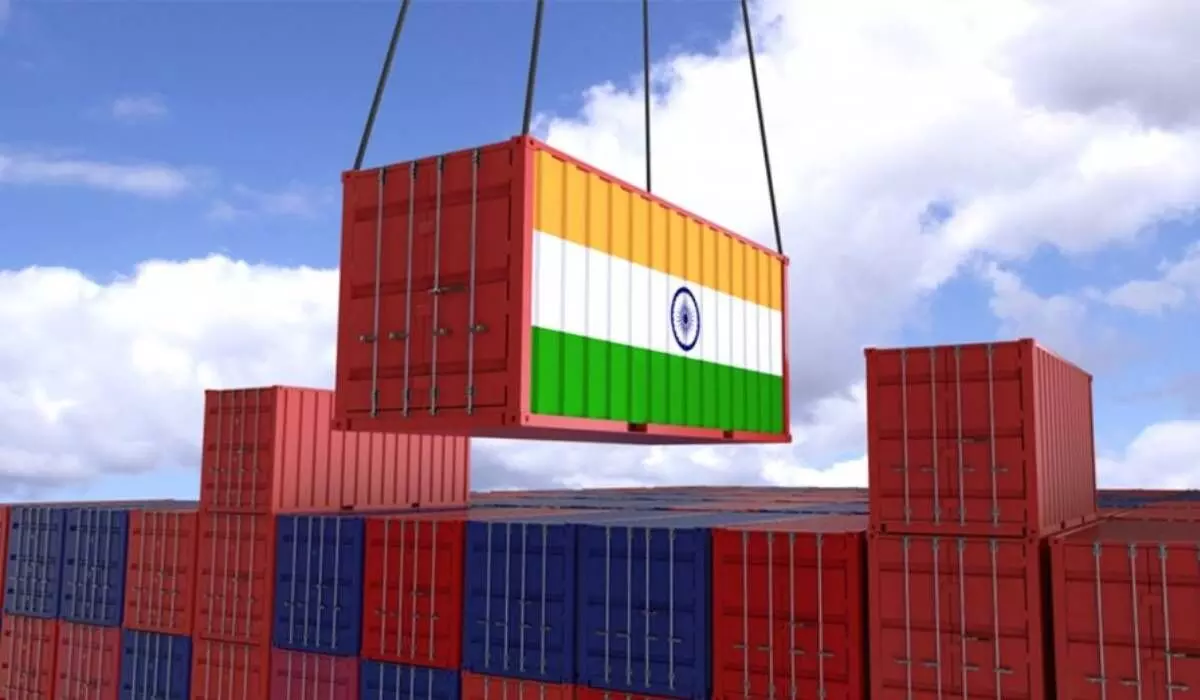Robust trade finance ecosystem key to meet $2 trn exports target
Traders and the government have to work on issues like obtaining easy finance both for domestic and cross-border trade, says DGFT official
image for illustrative purpose

New Delhi Easy availability of affordable trade finance is the key to achieving India's $2 trillion exports target by 2030 in goods and services, a senior government official said on Thursday.
Additional Director General of Foreign Trade (DGFT) SC Aggarwal said easy availability of affordable trade finance helps promote export competitiveness. Traders and the government have to work on issues like obtaining easy finance both for domestic and cross-border trade, he said. "A robust and easy trade finance ecosystem is very important for moving us to achieve this goal (of $2 trillion)," Aggarwal said here at an event. India has set an ambitious target to take its total goods and services exports to $2 trillion by 2030.
According to the commerce ministry's data, exports of goods and services in 2022-23 rose 14.68 per cent to $775.87 billion as against $676.53 billion in 2021-22. He suggested the industry to focus on how to make it easier to get the finance and ways to strengthen this ecosystem.
"I am often told that obtaining finances for domestic trade is easier than obtaining financing for cross-border trade. This could be because of the higher risk perception in cross-border trade. Mitigating and correcting this perception is needed to enable us to be competent and competitive in global market, trade finance plays a crucial role here," he said.
Speaking at the event on trade financing, Sanjeet Singh, Senior Adviser, NITI Aayog, said recent global developments have resulted in a paradigm change in how trade is being conducted across the globe. Climate change, labour, gender, deforestation and sustainable development have become an important part of trade and is affecting countries, Singh said adding India is a country which nobody can afford not to be doing business with.
"We need proper defences" to deal with the impact of these measures, he said. He also said sectors such as aluminium and steel would be "directly impacted" by the European Union's (EU) carbon tax, and exports from these segments would be subjected to a certain amount of tax. This is an example where countries are going beyond the realm of the World Trade Organization (WTO). India and the EU both are members of this multi-lateral body which deals with global exports and imports. Further, Singh said that at G20 level, India is focusing on issues like coordinated crisis response.
"Through the G20, we are seeking to provide a political momentum and support the ongoing discussions on how to minimise disruptions to trade specially during crises," he said.

